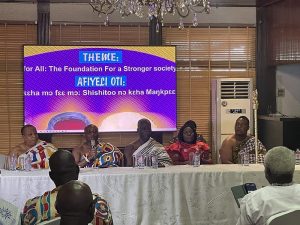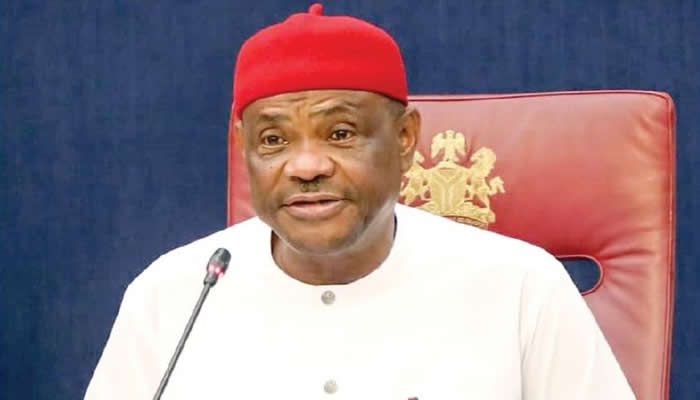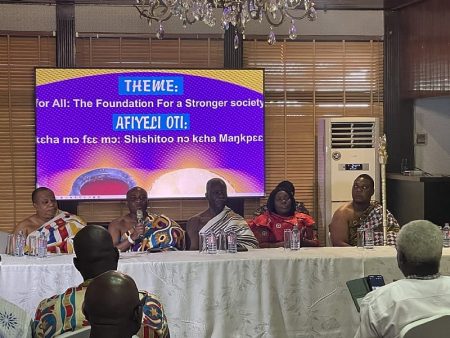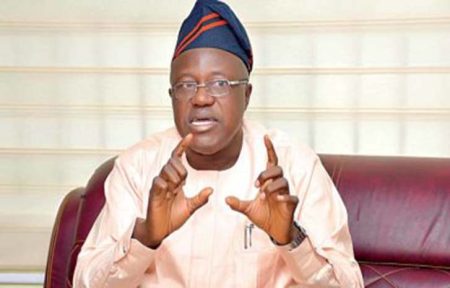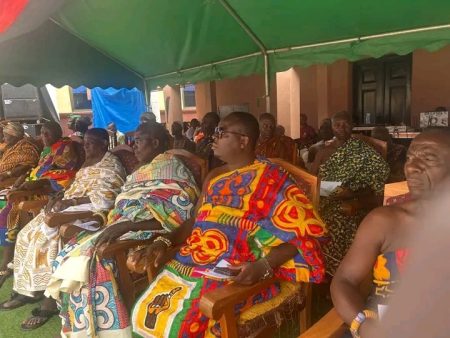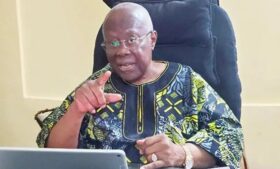Nyesom Wike, the Minister of the Federal Capital Territory (FCT), launched a scathing critique of the opposition coalition formed against President Bola Tinubu’s administration, questioning the timing and motives of the alliance. Wike, speaking at the inauguration of a road project in Gwagwalada, expressed bewilderment at the coalition’s formation just 18 months after Tinubu’s inauguration, a mere six months into his presidency. He challenged the coalition members, who had recently adopted the African Democratic Congress (ADC) as their platform for the 2027 general elections, to present their achievements while in power instead of claiming to represent the anger of Nigerians. He argued that their actions betrayed their true motivation, which he believed stemmed from their own frustration at being out of power rather than genuine concern for the Nigerian populace.
Wike directly addressed the coalition’s claim that Nigerians were angry with the current administration, contrasting it with his perception of positive developments within the FCT. He referenced a televised political discussion where a coalition member, described as an industrialist and former presidential aspirant, expressed anger over the commissioning of projects by key government figures, including the President, Vice President, Senate President, Speaker, and Secretary to the Government of the Federation. Wike found this ironic, given the coalition’s simultaneous assertion that Nigerians were dissatisfied. He posed a rhetorical question, highlighting the perceived disconnect between the coalition’s claims and their actions, insinuating that their anger stemmed from their own political ambitions rather than genuine public sentiment.
The FCT Minister further emphasized his challenge to the coalition members, urging them to present tangible evidence of their contributions while in office. He specifically called out prominent figures within the coalition, including former Rivers State Governor and ex-Minister of Transportation, Rotimi Amaechi, and former Senate President David Mark, to showcase their scorecards and demonstrate how they had served the Nigerian people. Wike juxtaposed their alleged lack of achievements with his own administration’s early progress in the FCT, highlighting the inauguration of the road project as a testament to their commitment to delivering tangible results. He framed this as an “operation show your scorecard” initiative, emphasizing the importance of accountability and tangible results in public service.
Wike’s criticism extended to the coalition’s support for former Vice President Atiku Abubakar, accusing him of political opportunism and a history of party-hopping. He highlighted Abubakar’s political trajectory since 1999, pointing out his affiliations with various political parties over the years. Wike sarcastically questioned Abubakar’s seemingly inherent inclination towards forming coalitions, suggesting that this pattern revealed a lack of consistent political ideology and a focus on personal ambition rather than principled leadership. This pointed critique served to further discredit the coalition in Wike’s view, linking it to a figure he portrayed as politically unreliable.
The Minister’s remarks underscore a broader political dynamic within Nigeria, characterized by intense competition and shifting alliances. His assertive stance and direct challenges to the opposition highlight the ongoing jostling for power and influence ahead of the 2027 elections. Wike’s emphasis on performance and accountability reflects a growing demand for tangible results from political leaders, adding another layer to the complex political landscape. By framing the opposition’s actions as self-serving and opportunistic, Wike aims to bolster the current administration’s image and solidify support for their agenda.
In essence, Wike’s critique of the opposition coalition centers on three key arguments: the premature and opportunistic timing of the coalition’s formation, the disconnect between their claims of public anger and their own motivations, and the questionable political track record of the figure they are supporting. He challenges the legitimacy of their claims by demanding evidence of their achievements and contrasting it with his own administration’s early accomplishments. This serves to position the current administration as action-oriented and responsive to the needs of the people, while portraying the opposition as disgruntled and driven by self-interest. This rhetorical strategy aims to shape public perception and solidify support for Tinubu’s government in the lead-up to the next election cycle.



